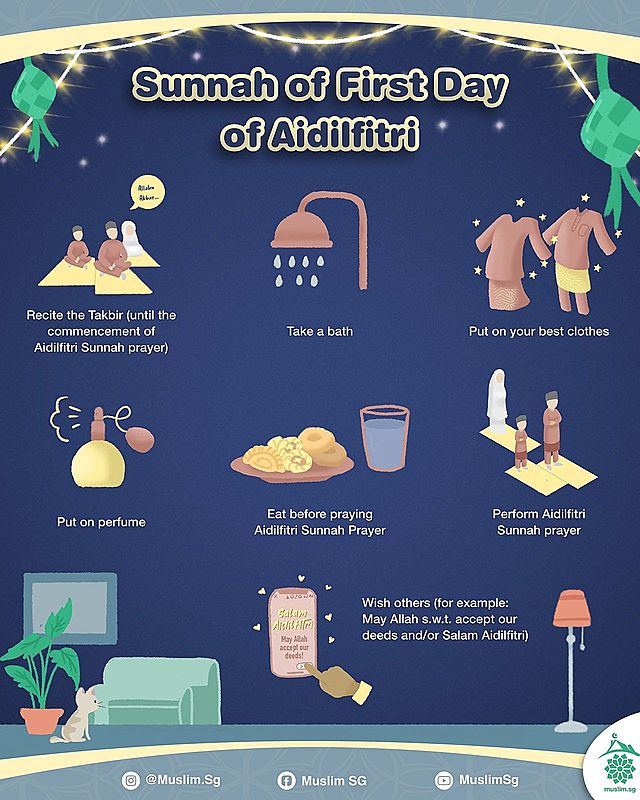Sunnah Acts of Hari Raya Aidilfitri During The Circuit Breaker
SUNNAH ACTS OF EID UL FITR DURING THE CIRCUIT BREAKER
Aidilfitri is an annual celebration of victory after the completion of Ramadan. It is to celebrate the bountiful blessings in store for those who strive to overcome their challenges and develop themselves to be better individuals in the sight of Allah s.w.t. May Allah accept our deeds.
Although the celebration of Aidilfitri will be different than in previous years, we can still hope to achieve a sense of victory blessed to us by Allah s.w.t.
In fact, there are a lot of Sunnah of Aidilfitri that can still be observed. Here are 8 Sunnah acts of Hari Raya Aidilfitri for us to partake in, even in the Circuit Breaker period:
1. Enliven the night of Hari Raya Aidilfitri
What is meant by enlivening the night of Aidilfitri is to celebrate on the eve of victory with acts of devotion to Allah s.w.t, just as how we have strived to enliven the blessed nights in Ramadan.
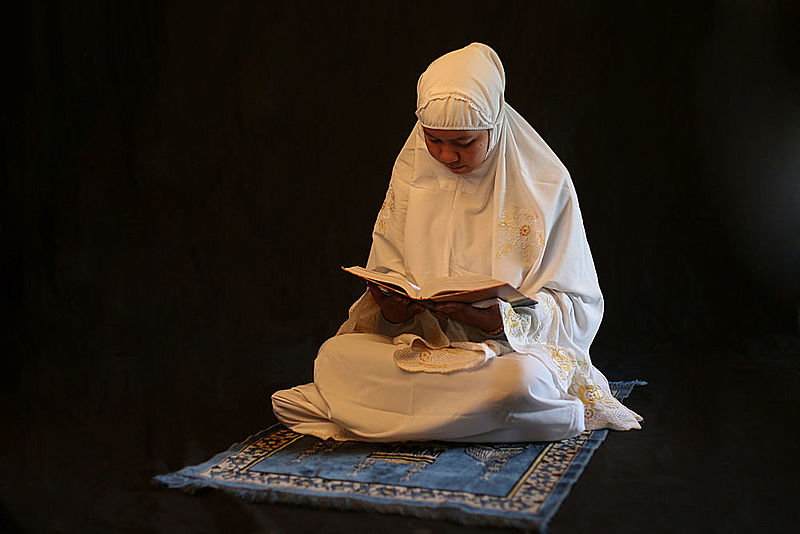
Scholars have derived this merit from a hadith:
مَنْ أَحْيَا لَيْلَتَيْ الْعِيدِ لَمْ يَمُتْ قَلْبُهُ يَوْمَ تَمُوتُ الْقُلُوبُ
Whoever enlivens the two nights of (Aidilfitri & Aidiladha), his heart will not wither in the day when all hearts die.
(Ibn Maajah)
Although the chain of narration in this Hadith is considered weak by scholars, it is still valid to be practised and falls under the category of Fadha’il Al-A’mal (virtuous deeds).
This can be done by acts of worship such as reciting the Quran or praying Isyak and Subuh in a congregation. The Prophet s.a.w. mentioned in a hadith:
من صلى العشاء في جماعة فكأنما قام نصف الليل ومن صلى الصبح في جماعة فكأنما صلى الليل كله
Whoever prays Isyak prayer in congregation, it’s as if he has performed half of the night in prayer (Qiyam). And if one were to also perform Subuh prayer in congregation, then it is as if he has performed the whole night in prayer
(Sahih Muslim)
2. Recite the takbir
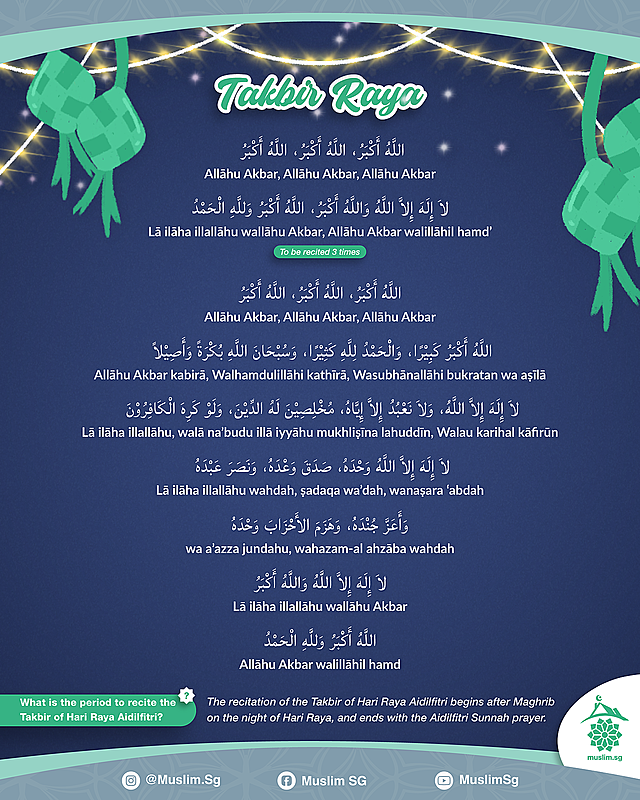
Part of the Sunnah of Aidilfitri and enlivening the night of Aidilfitri is to recite the Takbir Raya. The period where it is permissible to recite the Takbir begins from entering Maghrib (on the eve of Aidilfitri) until the commencement of the Aidilfitri Sunnah prayer on the next day.
For a more detailed explanation of the Takbir Raya, read How To Do Takbir Aidilfitri. You may find the texts and some rulings regarding the Takbir in the article in sya Allah.
3. Take a bath or shower

It is also part of the Sunnah of Aidilfitri to take a bath or shower. Scholars (the stronger view within the Syafiee mazhab) have mentioned to us that we may perform the Sunnah of taking a bath for Aidilfitri beginning from midnight (on the even of Aidilfitri). Unlike the Sunnah of taking a bath for Friday prayers, the period to perform it begins from entering Subuh (on the day itself) instead.
On another note, the Sunnah of 'taking a bath' for Aidilfitri is not merely for performing the Aidilfitri prayers in congregation at Mosques, rather, it is to celebrate the day of Aidilfitri itself. Therefore, even if we are not going out to the mosque for the Aidilfitri prayers just as it was in the previous years, we may still observe this beautiful Sunnah and attain its rewards. The Prophet s.a.w. said:
كان رسول الله صلى الله عليه وآله وسلم يغتسل يوم الفطر، ويوم الأضحى
The Prophet s.a.w. would take a bath on the day of Aidilfitri and the day of Aidiladha.
(Ibn Maajah)
4. Wear your best outfit
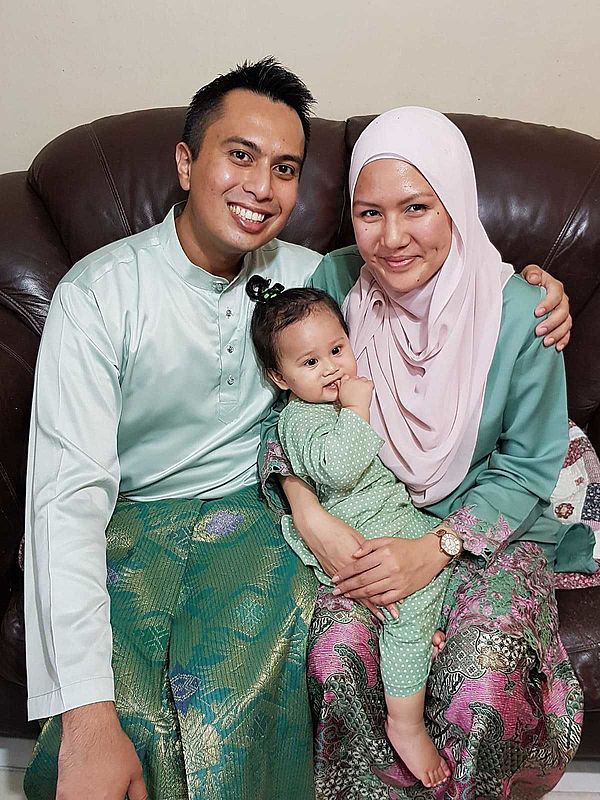
Just like the previous mentioned Sunnah, wearing our best to express beauty and celebrate the day of victory, is part of the Sunnah of Aidilfitri.
It doesn’t have to be a new set of clothes; it could be the best in our wardrobe and that which suits the occasion such as our baju kurung. What is important to note is that it shouldn’t lead to extravagance or ostentation.
We are encouraged to adorn ourselves appropriately and decently not just by wearing our best but also by getting a haircut and cutting our nails. This is part of the beautiful Sunnah of our Prophet s.a.w.
The Prophet s.a.w. would wear, in addition to dressing well, an item of Yemeni clothing with red colour decorations just for celebrating Aidilfitri or Aidiladha.
كان يلبس يوم العيدين برد حبرة
He (the Prophet s.a.w.) would adorn on both (Aidilfitri & Aidiladha) with a Yemeni-style cloth.
(Narrated by Imam At-Tabrani)
5. Put on perfume

Part of the Sunnah of Aidilfitri is to put on perfume as well. The Prophet s.a.w. mentioned in a hadith:
أمرنا رسول الله صلى الله عليه وسلم أن نتطيب بأجود ما نجد في العيد
The Prophet s.a.w. once instructed us to put on perfumes with the best of what we have on (Aidilfitri / Aidiladha)
(Narrated by Imam Al-Bayhaqi)
6. Eat before performing Aidilfitri prayer at home
Before performing our Aidilfitri Sunnah prayer, we are encouraged to at least eat a little, such as dates.
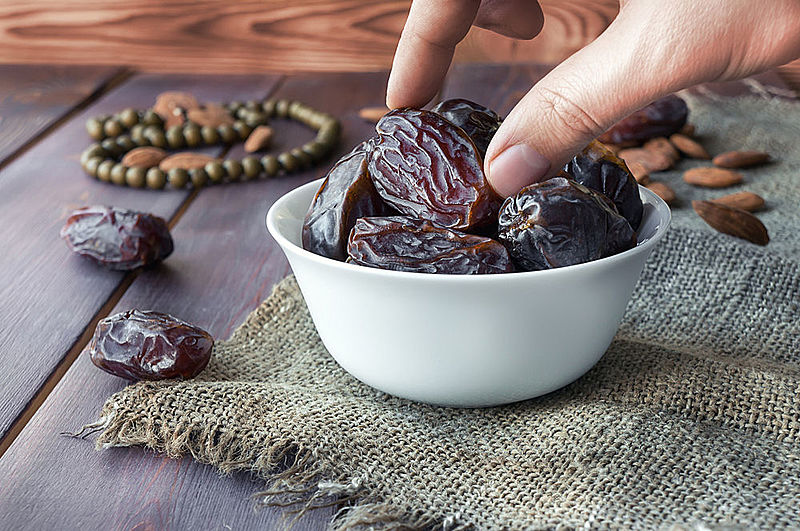
We should avoid over consumption before prayers so that we may perform our prayer better.
كَانَ رَسُولُ اللَّهِ صلى الله عليه وسلم َلا يَغْدُو يَوْمَ الْفِطْرِ حَتَّى يَأْكُلَ تَمَرَاتٍ. ويأكلهن وِتراً
The Prophet s.a.w. would not proceed (for the sunnah prayer) on the day of Aidilfitri unless he had eaten some dates. And he would eat them in odd numbers.
(Sahih Al-Bukhari)
This is also to symbolise that we are no longer fasting. In fact, fasting on the day of Aidilfitri is prohibited in the religion. Even if the intention to fast is upon Nazar or to pay back the missed fast (Qadha’). If we are looking forward to fasting the 6 days in Syawal, we may do so from the 2nd day of Syawal onwards. The Prophet s.a.w. said:
لَا صَوْمَ فِي يَوْمَيْنِ الْفِطْرِ وَالأَضْحَى
There is no fasting (prohibited) on the two days; Aidilfitri and Aidiladha
(Sahih Al-Bukhari)
7. Perform the Aidilfitri sunnah prayer at home
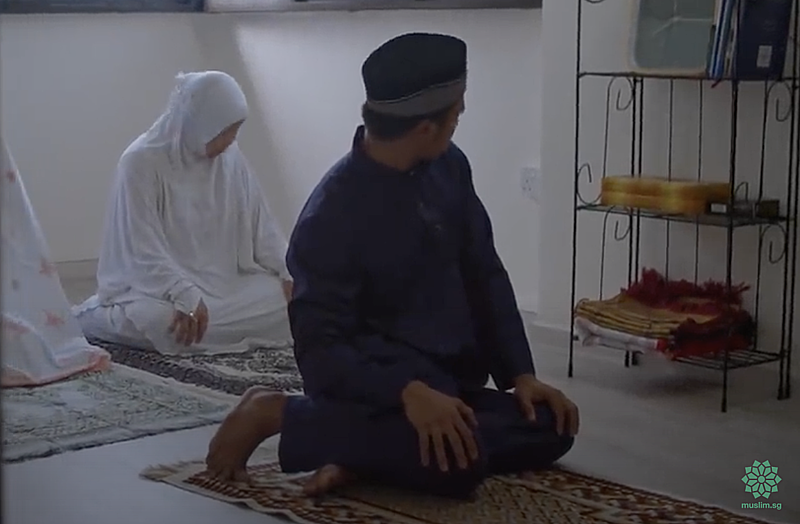
Although we won't be able to perform the Aidilfitri Sunnah prayer at the mosque, we may still look forward to performing the Sunnah Aidilfitri prayer by ourselves at the comfort of our respective homes or in a congregation with our own family members.
The Aidilfitri Sunnah prayer is a two raka’at prayer that includes additional Takbir in between the Takbiratul Ihram and the recitation of Surah Al-Fatihah. It is considered as one of the most highly regarded Sunnah prayer (nawafil) compared to others.
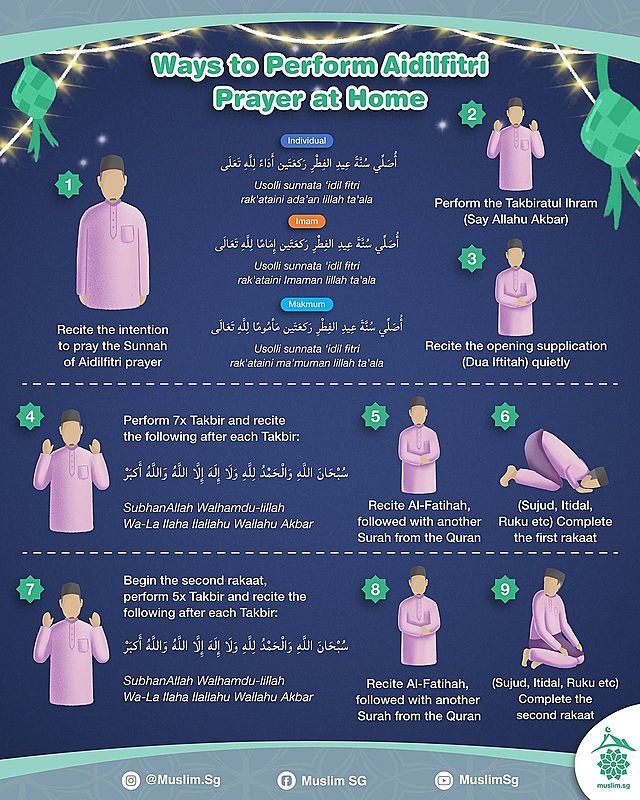
For a more detailed explanation and a guide, read our article on How To Perform Aidilfitri Prayer At Home - Step by Step Guide
8. Wish and congratulate others
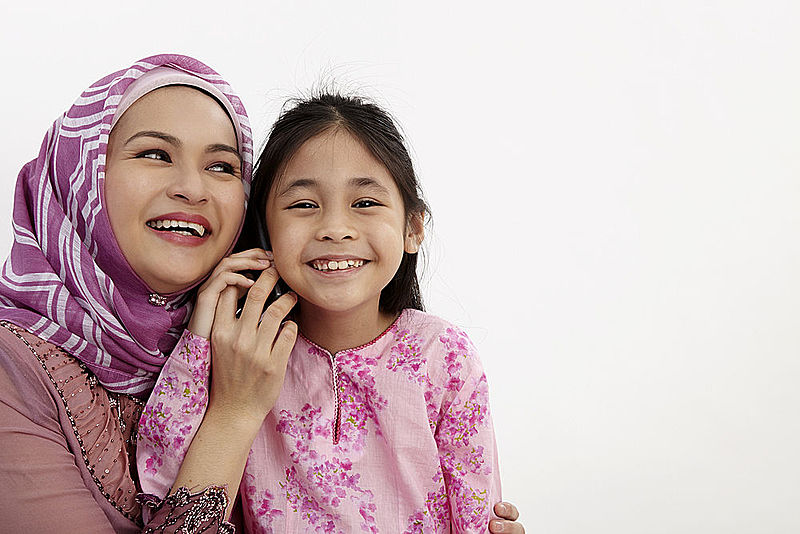
It is also part of the Sunnah to wish others in celebrating Aidilfitri, a day of victory. We may choose to wish such as “Salam Aidilfitri!” or “May Allah s.w.t. accept your deeds!”.
This is not just limited to wishing our household members, we can also wish others through text messages or even through our social media pages. Once the time of Maghrib enters, we can start the sunnah of wishing others in celebration of Hari Raya Aidilfitri
I would also like to take this opportunity to wish you a festive Salam Aidilfitri. This year has indeed been different than in previous years. Let us set a hopeful mindset in welcoming the rest of the year. Forgive me for my wrongdoings and may Allah s.w.t. accept our deeds in Ramadan and beyond.
And Allah knows best.
Here is a poster that you may want to share with your family and friends!
